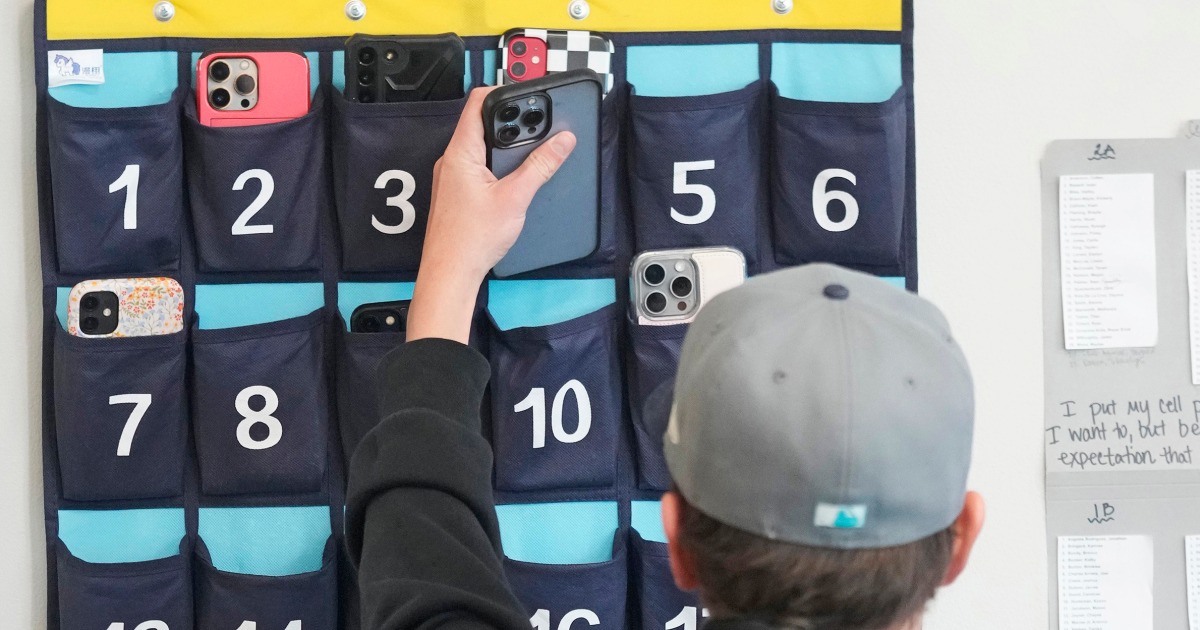In California, a high school teacher complains that students watch Netflix on their phones during class. In Maryland, a chemistry teacher says students use gambling apps to place bets during the school day.
Around the country, educators say students routinely send Snapchat messages in class, listen to music and shop online, among countless other examples of how smartphones distract from teaching and learning.
The hold that phones have on adolescents in America today is well-documented, but teachers say parents are often not aware to what extent students use them inside the classroom. And increasingly, educators and experts are speaking with one voice on the question of how to handle it: Ban phones during classes.



If it is because people think it’s occasional, I hope they’ve changed their minds now that I’ve posted 7 links. 5 of them I found within a few minutes of searching (all five in total, not each). The other two I found instantly.
Because I disagree entirely that this potential harm is worse than the actual harm on these videos.
I don’t think throwing any amount of links at each other is a particularly productive way of answering the question. I can just as easily find an equal number of reports from teachers saying how keeping kids off their phones is nearly impossible and makes it much harder to actually teach. Plenty of teachers would strongly disagree that social media is merely a ‘potential’ harm.
Reports from teachers vs. actual video evidence are not really comparable, are they?
Because the former goes back to the old problem of their words against the child’s, which is exactly why cameras are helpful.
If there is actually data backing up what those teachers claim, fine. But otherwise we’re talking about subjective claims vs. objective video, the latter exposing activity that should be a firing offense at least if not necessitating criminal charges.